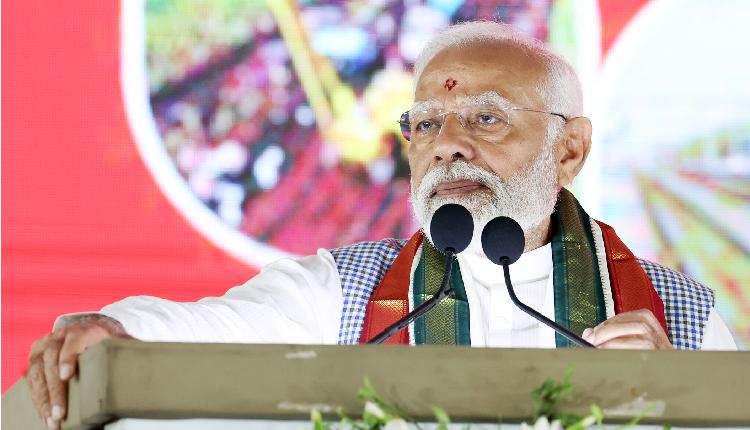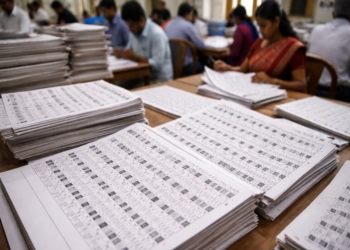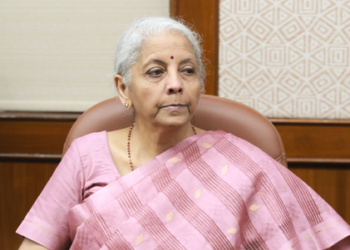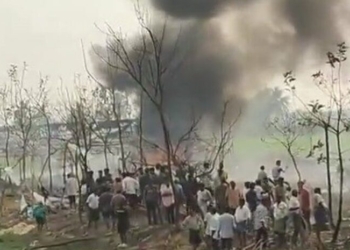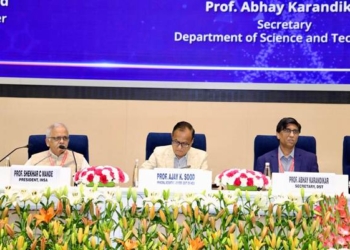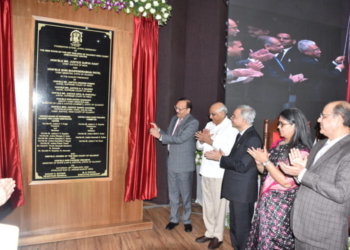New Delhi/Mumbai: Prime Minister Narendra Modi achieved an approval rating of 75 per cent in February, as compared to the 65 per cent recorded in September 2023 (last wave), in handling his job as the Prime Minister of the country, according to the Ipsos IndiaBus PM Approval Rating Survey.
Interestingly, some cities and groups gave PM Modi exceedingly high ratings for his performance as the PM – north zone (92 per cent), east zone (84 per cent) and west zone (80 per cent); Tier 1 (84 per cent), Tier 3 (80 per cent) cities; 45+ age group (79 per cent), 18-30 years (75 per cent), 31-45 years (71 per cent); Sec B (77 per cent), Sec A (75 per cent), Sec C (71 per cent); females (75 per cent), males (74 per cent); full-time parent/homemaker (78 per cent), employed part-time/full-time (74 per cent), etc.
The survey recorded slightly lower ratings in metros (64 per cent), Tier 2 (62 per cent) cities, and self-employed (59 per cent) persons. The lowest rating came from the south zone (35 per cent).
Commenting on the findings of the survey, Parijat Chakraborty, Country Service Line Leader, Public Affairs, Corporate Reputation, ESG and CSR, Ipsos India, said, “Some of the big bang initiatives like opening of the Ram Temple in Ayodhya (92 per cent approval rating in north zone validates it), temple in the UAE, taking a stand on global issues independent of the influence of any Western power, initiatives in space, hosting the G20 Summit successfully in India, and giving a fillip to Make in India, have all contributed to the spike in the approval ratings of the Prime Minister.”
How has the Modi government performed in different areas?
The survey shows the areas where the Modi government has performed well are primarily in the fields of education, sanitation and cleanliness and healthcare system. In the other areas, the government has passed and not flunked.
The scores given by the respondents were, pollution and environment (56 per cent), poverty (45 per cent), inflation (44 per cent), unemployment (43 per cent) and corruption (42 per cent).
Here’s a drop-down:
* Education System: 76 per cent
* Sanitation & Cleanliness: 67 per cent
* Healthcare System: 64 per cent
* Pollution and Environment: 56 per cent
* Poverty: 45 per cent
* Inflation: 44 per cent
* Unemployment: 43 per cent
* Corruption: 42 per cent
“The initiatives around health, education, sanitation, gender, skill development etc. are paying off and providing strong tail-winds in an already positive environment,” added Chakraborty.
The Methodology
Ipsos IndiaBus is a monthly pan-India omnibus (which also runs multiple client surveys) that uses a structured questionnaire and is conducted by Ipsos India on diverse topics among 2,200+ respondents from Sec A, B and C households, covering adults of both genders from all four zones of the country.
The survey is conducted in metros, Tier 1, Tier 2 and Tier 3 cities, providing a more robust and representative view of urban Indians. The respondents were polled face-to-face and online.
The survey includes city-level quota for each demographic segments that ensure the waves are identical and there are no additional sampling errors. The data is weighted by demographics and city-class population to arrive at a national average.




